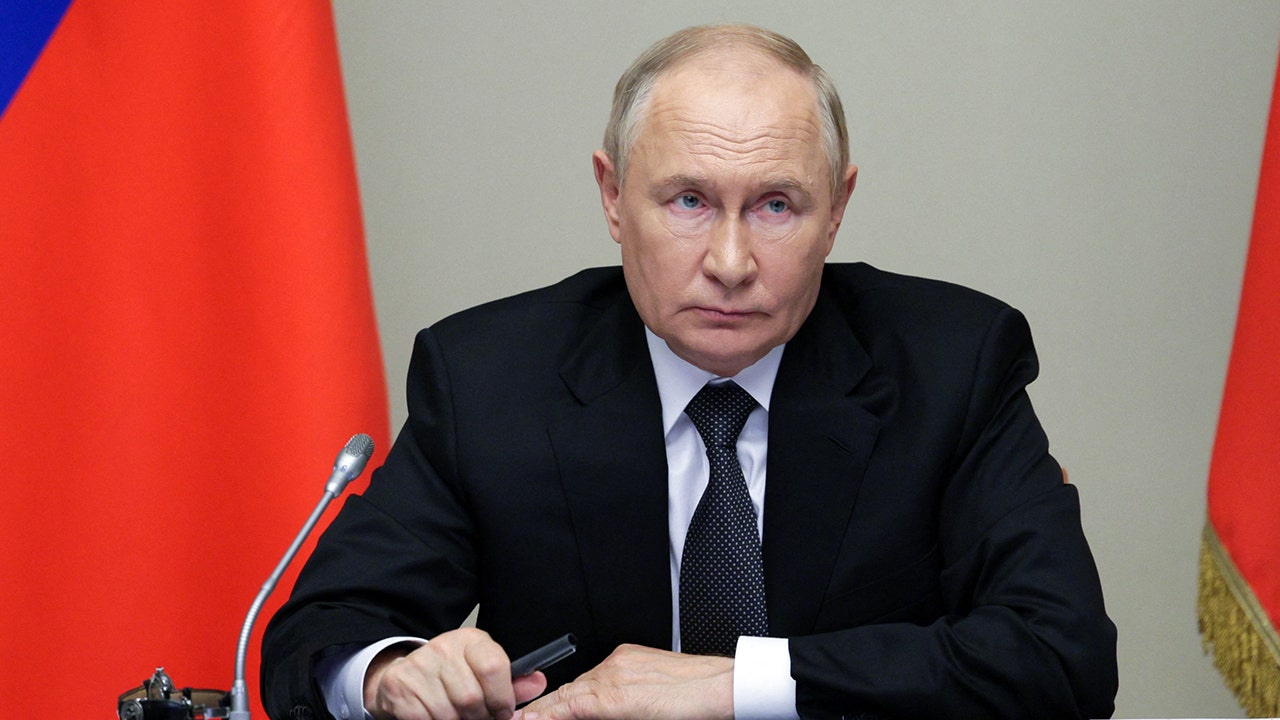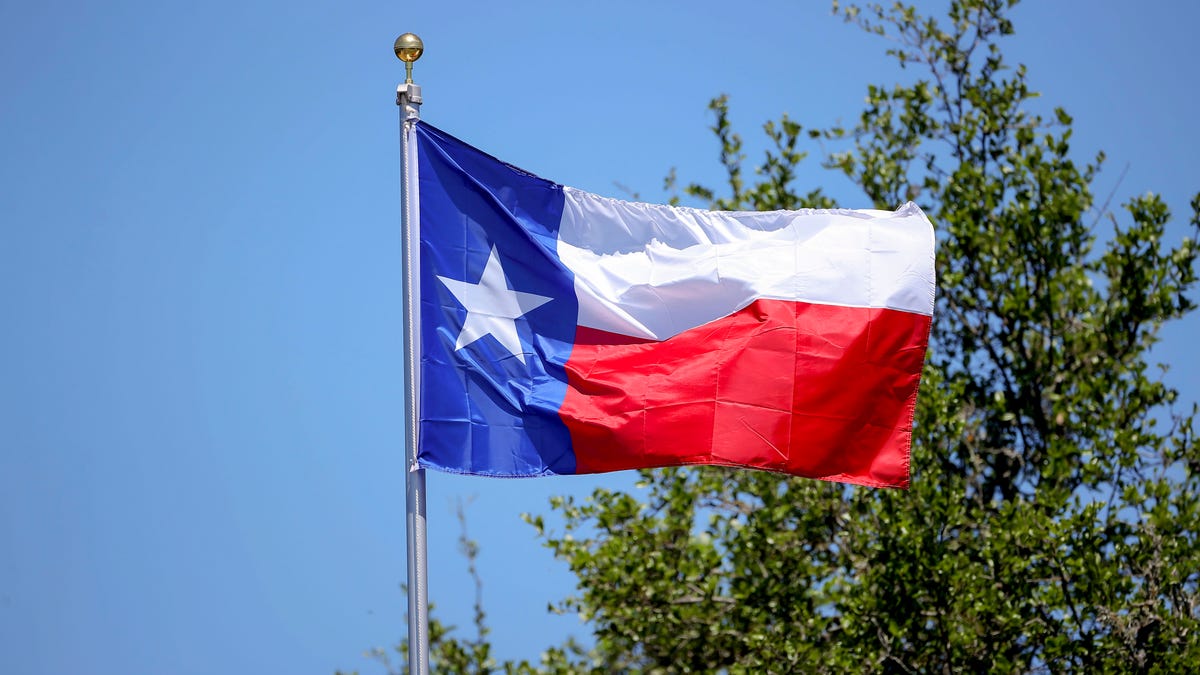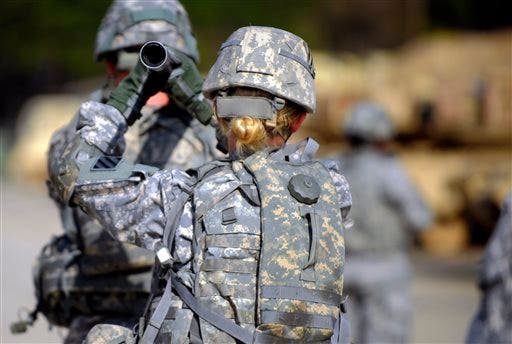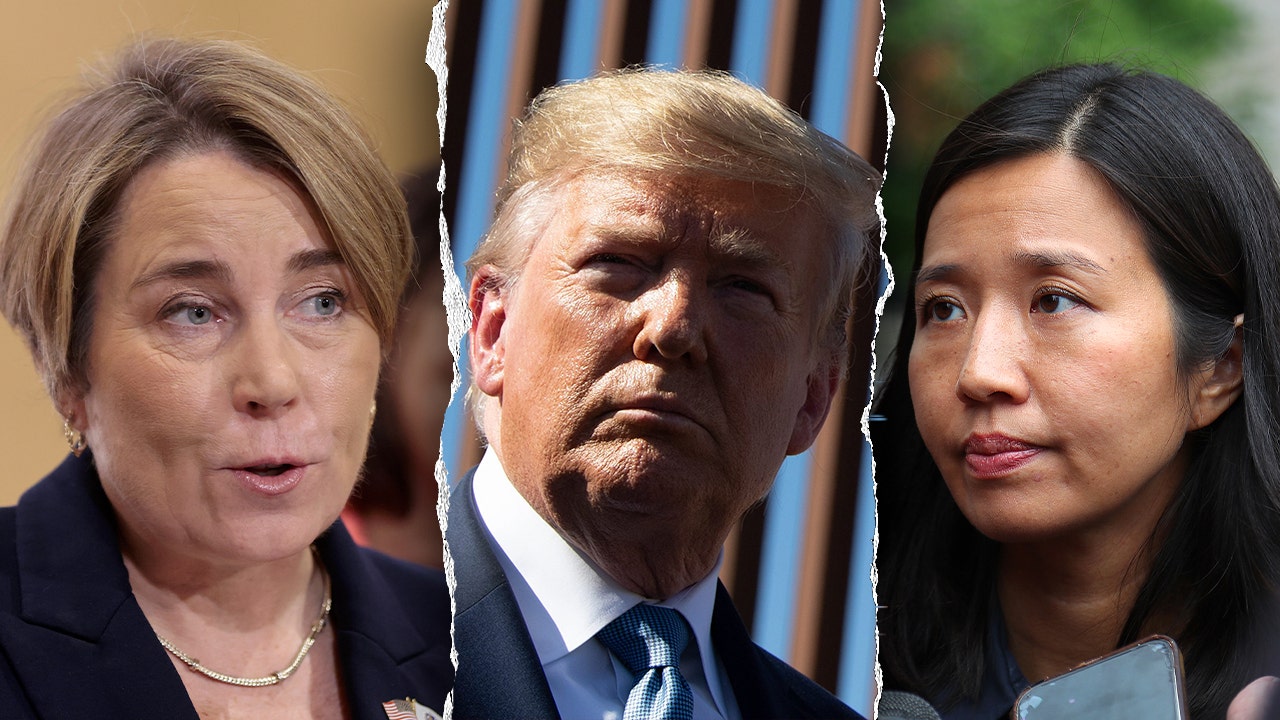World
Putin on a charm offensive as Africa-Russia summit kicks off

Vladimir Putin in on a charm offensive. On Thursday, the Russian president will roll out the red carpet for African leaders as he seeks to shore up Moscow’s position in a continent that’s becoming increasingly important to his country’s geopolitical ambitions.
Alongside the war in Ukraine, food security will be high on the agenda of the second Africa-Russia Summit in St Petersburg, especially after Russia’s decision last week to withdraw from an international grain deal left many in Africa unnerved.
The agreement was brokered by the United Nations and Turkey last year to allow the safe passage of agricultural goods through Ukraine’s ports in the Black Sea despite the war with Russia. While the vast majority of the nearly 33 million tonnes exported since then did not reach the world’s poorest countries, the deal helped reverse spiralling food prices by more than 20 percent, according to the UN.
Russia justified its decision by saying the conditions for the extension of the Black Sea Grain Initiative had been ignored. In the days that followed, it unleashed a series of strikes on port infrastructure and grain depots in the south of Ukraine.
Korir Sing’Oei, Kenya’s principal secretary for foreign affairs, called Putin’s decision “a stab on the back”, but African leaders have by and large refrained from commenting.
In an editorial published on Monday, Putin blamed the West for failing to deliver grain to the world’s poorest and assured African nations that Russia can replace Ukrainian grain “free of charge” as the country is expecting “a record harvest” this year.
“Moscow has always dreamed of an alternative financial and commercial system that is disconnected from the West – something that is now even more urgent given sanctions on Russia,” said Alex Vines, lead of the African Programme at Chatham House, referring to the sweeping measures imposed by Western countries following Russia’s invasion of Ukraine last year.
“And Africa becomes important in this as Russia looks for new partnerships,” Vines added.
Russian officials have said that Putin, at the summit, will address the issue of food and fertilizers, as well as hold bilateral discussions with African leaders.
But, at this event, only 17 African heads of state or government will be present compared to 43 that attended the 2019 summit, leading Russia to blame “interference” from the West.
A number of cultural, humanitarian and technological deals are expected to be signed at the summit, with participants also due to adopt a resolution.
“The main attention will be paid to the prospects for the further development of relations between Africa and Russia with an emphasis on our assistance to the national sovereign development of Africans, ensuring fair access to food, fertilisers, modern technologies and energy resources,” Kremlin foreign policy adviser Yuri Ushakov said this week.
Ukraine war
The two-day event takes place just weeks after a mutiny by the Wagner Group raised questions about the future of the Russian mercenary force.
In recent years, Wagner had been seen as a key component in Russia’s efforts to expand its influence in Africa. However, Wagner’s abortive rebellion against the top military brass in Moscow amid disagreements over the war effort in Ukraine has caused a deep rift between the group and the Russian state.
Foreign Minister Sergey Lavrov and Wagner chief Yevgeny Prigozhin have since made separate statements both suggesting the group will continue to operate in parts of Africa, but it was not clear under whose control.
Wagner troops are known to have been active in a number of countries, including the Central African Republic, Libya, Mali and Sudan. The heads of state of all these countries, except war-hit Sudan, have confirmed their presence at the summit.
In St Petersburg, the African leaders are also expected to be more assertive in their diplomatic efforts to find a resolution to the war in Ukraine – a conflict largely perceived in the continent as an internal European matter which has, however, greater ramifications including on countries in Africa.
Last month, representatives of six African countries visited both Russia and Ukraine in an effort to mediate in the war, but their proposals were largely dismissed by both sides.
Still, analysts say African leaders, who represent the biggest bloc at the UN General Council, have travelled to St Petersburg aware of their increased geostrategic stock in the face of growing competition between Russia and the United States on a number of fronts.
“African stakeholders are increasingly bullish about what they have to offer to the world and can pick for a growing range of suitors,” said Ronak Gopaldas, director at Signal Risk, an African risk advisory firm.
Their goal will be to diversify their economic and political relationships for maximum strategic benefit, while also looking for tangible results beyond cosmetic pledges, he added.
“African states are attempting to be kingmakers, rather than be caught in another proxy war,” Gopaldas noted.
A number of the panels at the St Petersburg summit focus on what Moscow describes as a Russia-African shared struggle against “forms of new colonialism imposed by the West” – a narrative that has been central to the Kremlin’s strategy in rallying support in the continent behind its war effort in Ukraine.
Lavrov has notably travelled eight times in Africa since the full-scale invasion of Ukraine in February last year.
But Moscow’s growing geostrategic aspirations have not translated into investments in Africa.
At the first Russia-Africa Summit in 2019, Russia pledged to double trade with African countries to $40bn in five years, yet the trade volume between the two has stalled at around $18bn with Africa importing nearly eight times more compared to what Russia buys from the continent last year.
Furthermore, Russia accounts for just one percent of foreign direct investment that goes to Africa, data from fDi Intelligence shows.
“Moscow doesn’t have much to offer,” said Joseph Siegle, head of the African Center for Strategic Studies.
“Russia’s goal is symbolic; it wants to show that in the minds of many African leaders it remains a central global power, not a pariah.”

World
Rental home investors poised to benefit as mortgage rates, high home prices sideline buyers in 2025
LOS ANGELES (AP) — Rental homes will remain an attractive option next year to would-be homebuyers sidelined by high mortgage rates and rising home prices, analysts say.
American Homes 4 Rent and Invitation Homes are two big real estate investment trusts poised to benefit from the trend, say analysts at Mizuho Securities USA and Raymond James & Associates.
Their outlooks boil down to a simple thesis: Many Americans will continue to have a difficult time finding a single-family home that they can afford to buy, which will make renting a house an attractive alternative.
It starts with mortgage rates. While the average rate on a 30-year mortgage fell to a two-year low of 6.08% in late September, it’s been mostly rising since then, echoing moves in the 10-year Treasury yield, which lenders use as a guide to pricing home loans.
The yield, which has hovered around 4.4% this week, surged after the presidential election, reflecting expectations among investors that President-elect Donald Trump’s proposed economic policies may widen the federal deficit and crank up inflation.
Analysts at Raymond James and Associates say they see mortgage rates remaining “higher for longer,” given the outcome of the election. Last week, they reiterated their “Outperform” ratings on American Homes 4 Rent and Invitation Homes, noting “we are increasingly confident in the longer-term outlook for single-family rental fundamentals and the industry’s growth prospects.”
They also believe the two companies will continue to benefit from “outsized demographic demand for suburban homes,” and the monthly payment gap between renting and owning a home, which they estimate can be as much as 30% less to rent.
Analysts at Mizuho also expect that homeownership affordability hurdles will maintain “a supportive backdrop” and stoke demand for rental houses, helping American Homes 4 Rent and Invitation Homes to maintain their tenant retention rates.
The companies are averaging higher new and renewal tenant lease rates when compared to several of the largest U.S. apartment owners, including AvalonBay, Equity Residential and Camden Property Trust, according to Mizuho. It has an “Outperform” rating on American Homes 4 Rent and a “Neutral” rating on Invitation Homes.
Shares in Invitation Homes are down 1.2% so far this year, while American Homes 4 Rent is up 4.4%. That’s well below the S&P 500’s 24% gain in the same period.
While individual homeowners and mom-and-pop investors still account for the vast majority of single-family rental homes, homebuilders have stepped up construction of new houses planned for rental communities.
In the third quarter, builders broke ground on about 24,000 single-family homes slated to become rentals. That’s up from 17,000 a year earlier. In the second quarter, single-family rental starts climbed to 25,000, the highest quarterly total going back to at least 1990, according to an analysis of U.S. Census data by the National Association of Home Builders.
World
US briefed Ukraine ahead of Putin's 'experimental Intermediate-range ballistic' attack

A U.S. official on Thursday confirmed to Fox News Digital that Ukrainian authorities were briefed ahead of Russia’s “experimental Intermediate-range ballistic missile” attack that this type of weapon may be used against Ukraine in order to help it prepare.
Russian President Vladimir Putin confirmed the attack Thursday evening local time in an address to the nation and said it was in direct response to the U.S. and the U.K. jointly approving Ukraine’s use of Western-supplied long-range missiles to target Russia.
It remains unclear if there were any casualties in the attack on the city of Dnipro, which was originally reported as an Intercontinental Ballistic Missile (ICBM) strike, and which would have marked the first time such a weapon had been used during a time of war, sending panic across the globe.
1,000 DAYS OF WAR IN UKRAINE AS ZELENSKYY DOUBLES DOWN ON AERIAL OPTIONS WITH ATACMS, DRONES AND MISSILES
Putin and U.S. sources have since confirmed the strike was not an ICBM, but the Kremlin chief also claimed that the weapon used poses a significant challenge for Western nations.
“The missiles attack targets at a speed of MACH 10. That’s 2.5 miles per second,” Putin said according to a translation. “The world’s current air defense systems and the missile defense systems developed by the Americans in Europe do not intercept such missiles.”
Fox News Digital could not immediately verify whether the U.S. or its NATO allies are capable of defending against this latest missile, dubbed the Oreshnik.
But according to one U.S. official, Putin may be playing up his abilities in a move to intimidate the West and Ukraine.
A Yars intercontinental ballistic missile is test-fired in northwestern Russia on Oct. 29. (Russian Defense Ministry Press Service via AP)
“While we take all threats against Ukraine seriously, it is important to keep a few key facts in mind: Russia likely possesses only a handful of these experimental missiles,” the official told Fox News Digital. “Ukraine has withstood countless attacks from Russia, including from missiles with significantly larger warheads than this weapon.
“Let me be clear: Russia may be seeking to use this capability to try to intimidate Ukraine and its supporters, or generate attention in the information space, but it will not be a game-changer in this conflict,” the official added.
US EMBASSY IN KYIV CLOSED AS ‘POTENTIAL SIGNIFICANT AIR ATTACK’ LOOMS
Following President Biden’s position reversal this week to allow Ukraine to use U.S.-supplied long-range Army Tactical Missile Systems (ATACMS) against the Russian homeland, Kyiv immediately levied strikes against a military arsenal in the Russian region of Bryansk, more than 70 miles from Ukraine’s border.
While Ukrainian troops are the ones to officially fire the sophisticated missiles, the weapons system still relies on U.S. satellites to hit its target — an issue Putin touched on in his unannounced speech Thursday.
“We are testing the Oreshnik missile systems in combat conditions in response to NATO countries’ aggressive actions against Russia. We will decide on the further deployment of intermediate-range and shorter-range missiles depending on the actions of the U.S. and its satellites,” he said.
CLICK TO GET THE FOX NEWS APP

Firefighters work at the site of a Russian missile strike in Dnipro, Ukraine, on Thursday. (Press service of the State Emergency Service of Ukraine in Dnipropetrovsk region/Handout via Reuters)
Putin claimed Russia will alert Ukrainian citizens of an impending attack like the strike he carried out on Thursday, though it remains unclear if he issued a warning to the Ukrainians living in Dnipro.
The Kremlin chief said the “defense industry” was targeted, though images released by the Ukrainian ministry of defense showed what appeared to be civilian infrastructure was also caught in the fray.
The Pentagon on Thursday confirmed that Russia informed the U.S. of the impending attack, which corresponds with information obtained by Fox News Digital, but it is unclear if Moscow clarified which Ukrainian city was the intended target.
A U.S. official told Fox News Digital that the U.S. is committed to helping Ukraine bolster its air defense systems and has done so already by supplying Ukraine with hundreds of additional Patriot and Advanced Medium-Range Air-to-Air Missiles.
World
South Korea says Russia sent North Korea missiles in exchange for troops

South Korea’s national security adviser says North plans to use the weapons to defend its airspace over the capital.
Russia has provided North Korea with anti-air missiles and air defence equipment in return for sending soldiers to support its war against Ukraine, according to a top South Korean official.
Asked what the North stood to gain from dispatching an estimated 10,000 troops to Russia, South Korea’s national security adviser Shin Won-sik said Moscow had given Pyongyang economic and military technology support.
“It is understood that North Korea has been provided with related equipment and anti-aircraft missiles to strengthen Pyongyang’s weak air defence system,” Shin told South Korean broadcaster SBS in an interview aired on Friday.
At a military exhibition in the capital, Pyongyang, North Korean leader Kim Jong Un on Friday called for developing and upgrading “ultra-modern” versions of weaponry, and pledged to keep advancing defence capabilities, state media reported.
Russia this month ratified a landmark mutual defence pact with North Korea as Ukrainian officials reported clashes with Pyongyang’s soldiers on the front lines.
The treaty was signed in Pyongyang in June during a state visit by Russian President Vladimir Putin. It obligates both states to provide military assistance “without delay” in the case of an attack on the other and to cooperate internationally to oppose Western sanctions.
South Korea’s National Intelligence Service told lawmakers this week that the troops deployed to Russia are believed to have been assigned to an airborne brigade and marine corps on the ground, with some of the soldiers having already entered combat, the Yonhap news agency reported.
The intelligence agency also said recently that North Korea had sent more than 13,000 containers of artillery, missiles and other conventional arms to Russia since August 2023 to replenish its dwindling weapons stockpiles.
Experts say Pyongyang could be using Ukraine as a means of realigning foreign policy.
By sending soldiers, North Korea is positioning itself within the Russian war economy as a supplier of weapons, military support and labour – potentially bypassing its traditional ally, neighbour and main trading partner, China, according to analysts.
Russia can also provide North Korea access to its vast natural resources, such as oil and gas, they say.
North Korean Foreign Minister Choe Son Hui recently visited Moscow and said her country would “stand firmly by our Russian comrades until victory day“.
North Korea said last month that any troop deployment to Russia would be “an act conforming with the regulations of international law”, but stopped short of confirming that it had sent soldiers.
The deployment has led to a shift in tone from Seoul, which had so far resisted calls to send weapons to Kyiv. However, President Yoon Suk-yeol indicated South Korea might change its longstanding policy of not providing arms to countries in conflict.
-
Business1 week ago
Column: OpenAI just scored a huge victory in a copyright case … or did it?
-

 Health1 week ago
Health1 week agoBird flu leaves teen in critical condition after country's first reported case
-

 Business6 days ago
Business6 days agoColumn: Molly White's message for journalists going freelance — be ready for the pitfalls
-
World1 week ago
Sarah Palin, NY Times Have Explored Settlement, as Judge Sets Defamation Retrial
-

 Science3 days ago
Science3 days agoTrump nominates Dr. Oz to head Medicare and Medicaid and help take on 'illness industrial complex'
-

 Politics5 days ago
Politics5 days agoTrump taps FCC member Brendan Carr to lead agency: 'Warrior for Free Speech'
-
/cdn.vox-cdn.com/uploads/chorus_asset/file/25739950/247386_Elon_Musk_Open_AI_CVirginia.jpg)
/cdn.vox-cdn.com/uploads/chorus_asset/file/25739950/247386_Elon_Musk_Open_AI_CVirginia.jpg) Technology4 days ago
Technology4 days agoInside Elon Musk’s messy breakup with OpenAI
-

 Lifestyle5 days ago
Lifestyle5 days agoSome in the U.S. farm industry are alarmed by Trump's embrace of RFK Jr. and tariffs



















